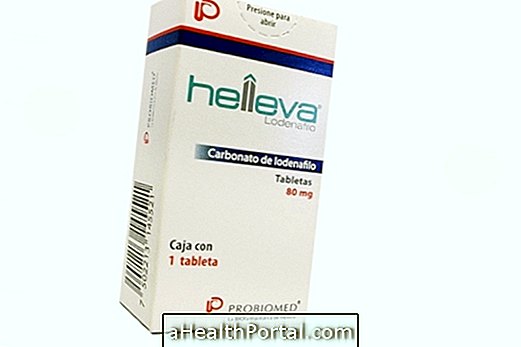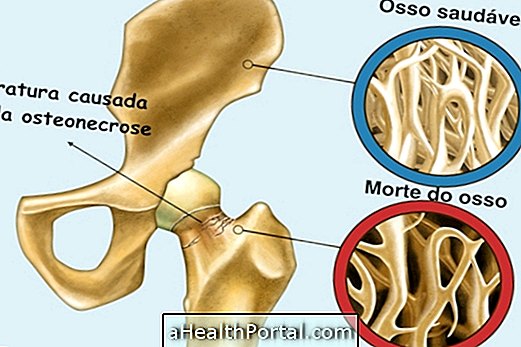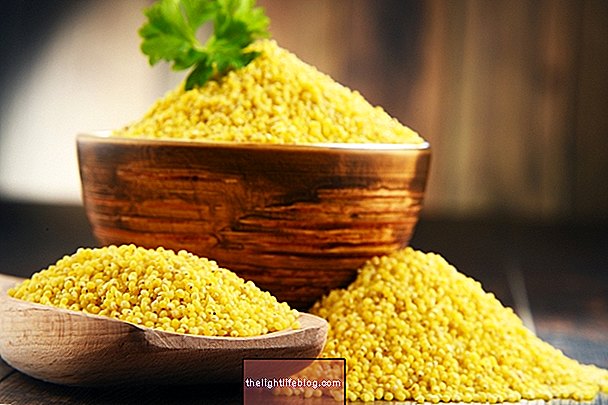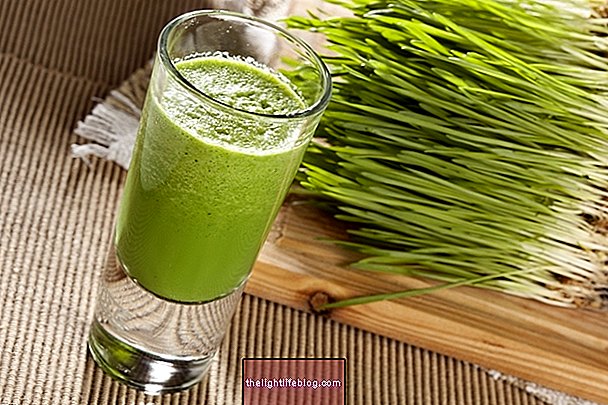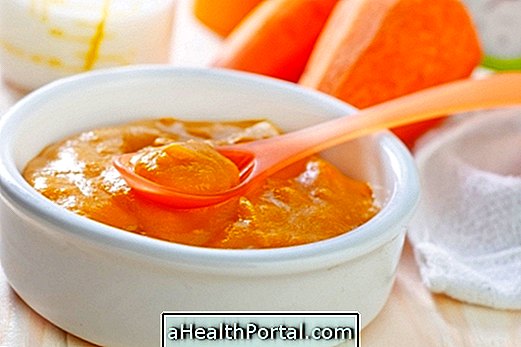Citrus fruits, like orange or pineapple, promote benefits, mainly, for the formation and maintenance of the health of the cells of the whole body. Citrus fruits are rich in vitamin C, which is an essential component in the formation of collagen, for example, a protein that gives elasticity and firmness to the skin.
Citrus fruits also strengthen the immune system, are important to prevent diseases, such as scurvy, and to increase the absorption of iron, thus helping to combat anemia.
Other benefits of citrus fruits include:
- Maintain beautiful and healthy skin;
- Help you lose weight by having fewer calories;
- Decrease constipation, as they are rich in fiber;
- Improve hydration of the body, because they are rich in water.
Despite all the benefits of citrus fruits, those who have esophageal inflammation should avoid these fruits as they may aggravate the pain. Those who have this problem can choose foods with less vitamin C, such as avocado, apricot, pumpkin or zucchini, for example, to get the necessary amount to the body of vitamin C without damaging the inflammation of the esophagus.
List of citrus fruits
Citrus fruits are all those that have a high amount of ascorbic acid, which is vitamin C and which is responsible for the acidic taste of these fruits. Some examples of citrus fruits are:
- Orange,
- Tangerine,
- Lemon,
- Lime,
- Strawberry,
- Kiwi.
A 100 g serving of strawberries or 1 glass of natural orange juice a day, for example, is enough to achieve the daily requirement of vitamin C by the body, which for a healthy adult is 60 mg.
Here's a complete list of foods rich in vitamin C: Foods rich in vitamin C
The best way to eat citrus fruits is in the natural, without any processing, because vitamin C spoils with light, air and heat. Citrus juices should be placed in the refrigerator in a dark, capped jar, for example, to prevent vitamin C from spoiling. The cakes with citrus fruits, like orange cake, no longer have vitamin C because when going to the oven the heat destroys the vitamin.
Citrus fruits in pregnancy and breastfeeding
Citrus fruits in pregnancy and breastfeeding help the woman to ingest the necessary amount of vitamin C to the body, which is higher during pregnancy and breastfeeding.
The pregnant woman needs 85 mg of vitamin C per day and the infant 120 mg daily, which are quantities easily reached with 2 servings of 100 g citrus fruits, such as orange and kiwi, for example.
As citrus fruits have fibers, they can cause abdominal discomfort in the baby. If the mother checks for changes in the baby when she eats citrus fruits, she can opt for other food sources of vitamin C, such as banana and carrot, for example.








